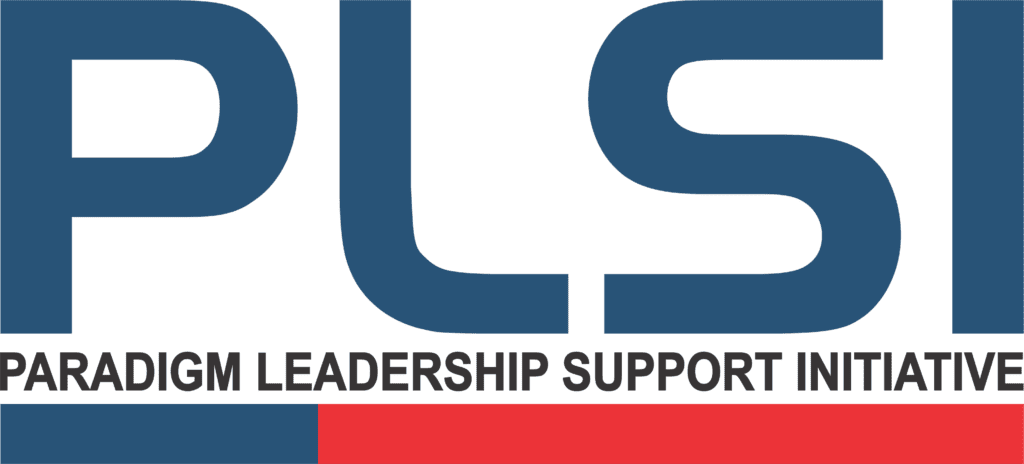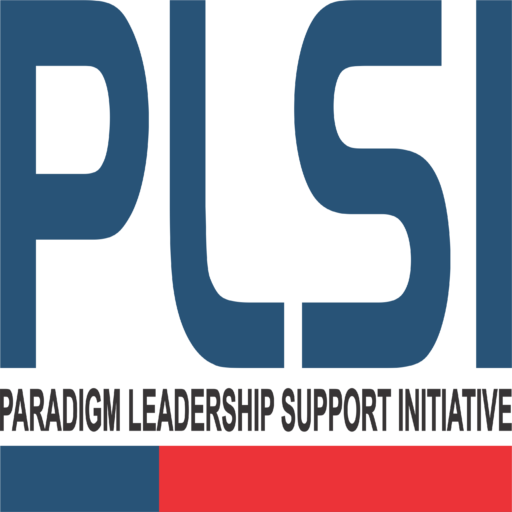Using Information and Communication Technologies (ICTs), in the last decades, countries such as Argentina, Brazil, Chile, Guatemala, Mexico, Panama and Paraguay have designed and created electronic platforms that make information about procurement and government officials’ personal assets public. These electronic platforms have guaranteed an effective and transparent flow of public information, thereby empowering citizens to identify and demand action against corruption and allowing oversight agencies to detect and sanction public officials engaging in corruption[1].
Similarly, in its commitment to more openness, the Nigerian government on December 9, 2019, launched a new financial transparency policy[2] and web portal[3] to provide the public with greater insight into government expenditures. The policy sets minimum financial reporting requirements[4] and regular deadlines for over 800 government Ministries, Departments and Agencies (MDAs). All MDAs are also required to promptly respond to additional information requests beyond what is published. Many anti-corruption actors and development partners including the World Bank[5] thought the policy and portal combination could be instrumental in allowing auditors, government watchdogs, NGOs, and ordinary citizens to promptly assess how government invests and spends public resources. There was also assumption that these initiatives might prove to be a game changer in Nigeria’s quest to improve government transparency and an important milestone in the region’s long-standing struggle against corruption.
“The spread of transparency as a norm has meant that governments generally make much more information available about their activities and their finances, while the media and civil society demand far greater access to such information. The ‘right’ to information about public spending and public policy is increasingly enshrined in Freedom of Information Acts, for example, while the Open Government Partnership has seen 64 countries making a commitment to more transparent and accountable government. Grigorescu suggests that political elites thus realize that they no longer have a monopoly over information and that their societies will receive information about them directly from other sources (Grigorescu, 2003). They might calculate that they have less to lose from making a commitment to transparency, or at least that transparency is inevitable.
However, for high-corruption countries, this puzzle is acute, since EITI implementation increases the risk that their corruption will be exposed and that they will subsequently have to give up a highly lucrative stream of private gain. This raises the question, why do so many (high corruption) countries seek to join EITI? Yet join they do. Of the 23 countries that have achieved compliance, 20 have a CPI score of 40 or less, on a scale where 0 means that a country is perceived as highly corrupt and 100 means that a country is perceived as very clean[6]”.
The idea that governments can be transparently corrupt is no longer far-fetched and many public officials even go as far as increasing public debt to achieve their corruption goals. In a study to analyze the relationship between corruption and public debts, Luigi Benfratello, Alfredo Del Monte, and Luca Pennacchio of University of Naples “Federico II” and CSEF used a large sample of countries over the 1995-2013 period, and they found empirical evidence that public corruption contributes to increase sovereign debts. The estimates point out that such effect is highly heterogeneous across income related groups of countries, being stronger for high income countries. In turn, different levels of corruption can explain cross-national disparities in the extent of public debt[7].
A report that every Nigerian will be owing N384,864 each when President Muhammadu Buhari leaves office in May 2023[8] as the country’s debt profile is expected to spiral to N77 trillion – a staggering increase from N12 trillion reported[9] by the Debt Management Office (DMO) as of 30th June 2015 is extremely worrisome. While the increase in Nigeria’s public debt is positively correlated with the improvement witnessed in public infrastructure, it appears there’s more to the appetite for increasing public debt than providing or remodeling public infrastructure.
Consequently, it is not surprising that while the Federal Government of Nigeria was about instituting transparency initiatives like the Open Treasury Portal and aggressively increasing public debt as alternative to exploring private investments in sectors requiring interventions, its 2022 Corruption Perception Index score[10] of 24/100 remained as that of 2021 – an indication that the transparency initiatives deployed achieved very little or no result in helping public officials become more accountable. It is also sad to note that the highest score achieved by Nigeria so far between 2012 and 2022 was in 2016[11] when the country scored 28/100 moving two points upward from 2015 score.
Lessons from transparency initiatives implemented by countries such as Argentina, Brazil, Chile, Guatemala, Mexico, Panama, and Paraguay are that:
- Transparency and access to information in sensitive areas such as the procurement process or to monitor public officials’ personal assets can truly reduce corruption.
- Civil society’s monitoring of procurement and assets information proved to successfully contribute to identifying corruption.
- Political will and the strengthening of public agencies’ technical, institutional, and financial capacities are important for the success of these practices.
It is therefore important for government at all levels in Nigeria to understand that implementing transparency initiatives alone is not sufficient to curbing public sector corruption or fostering accountability and that CORRUPTION can indeed be TRANSPARENTLY perpetrated.
Footnotes
[1]https://assets.publishing.service.gov.uk/media/57a08a6ce5274a31e00005c2/120319_GOV_TraAccInf_BRIEF4_0.pdf
[2]https://opentreasury.gov.ng/images/DocumentGuidelines/TRANSPARENCYPOLICYIMPLEMENTATIONGUIDELINES.pdf
[3] https://opentreasury.gov.ng/
[4] https://opentreasury.gov.ng/index.php/about-open-treasury/the-mission-vision
[5] https://blogs.worldbank.org/governance/nigeria-takes-significant-step-toward-greater-accountability-new-financial-transparency
[6] https://eiti.org/sites/default/files/attachments/The-Transparency-Paradox.-Why-do-Corrupt-Countries-Join-EITI1.pdf
[7] https://www.siecon.org/sites/siecon.org/files/oldfiles/uploads/2015/10/Pennacchio.pdf
[8] https://www.icirnigeria.org/n77trn-debt-each-nigerian-to-owe-n384864-by-end-of-buharis-tenure/
[9] https://dmo.gov.ng/debt-profile/total-public-debt/54-total-public-debt-stock-as-at-30th-june-2015
[10] https://www.transparency.org/en/cpi/2022/index/nga
[11] https://www.transparency.org/en/cpi/2016/index/nga
Join us at PLSI as we continue to push the boundary of accountability further!
Written by:

Olusegun Elemo – Executive Director at PLSI

